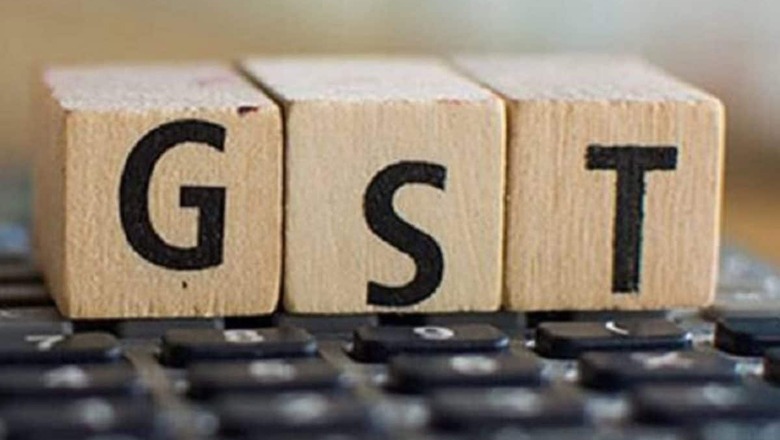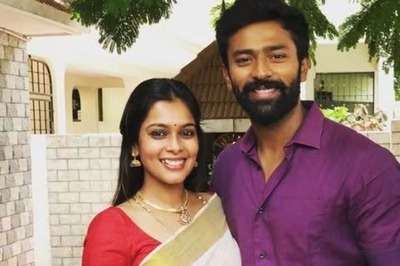
views
The GST Council in its meeting next month may consider a proposal to do away with the five per cent slab by moving some goods of mass consumption to three per cent and the remaining to eight per cent categories, news agency PTI reported. The Council may also decide to prune the list of exempt items by moving some of the non-food items to 3 per cent slab.
Currently, the GST system has four slabs — 5 per cent, 12 per cent, 18 per cent, and 28 per cent. There are 480 items under the 18 per cent slab, from which about 70 per cent of the GST collections come. Apart from this, there is an exempt list of items like unbranded and unpacked food items that do not attract the levy.
The report said discussions are on to raise the 5 per cent slab to either 7 or 8 or 9 per cent, a final call will be taken by the GST Council which comprises finance ministers of both Centre and states. The Council is most likely to settle for an 8 per cent GST for most items that currently attract 5 per cent levy.
According to an FE report earlier, the government is also planning to reduce the number of GST slabs from the current four to three. The report said a new media slab of 15 per cent may be introduced in place of 12 per cent and 18 per cent slabs. “The 5 per cent rate will be replaced by a new rate which will be 6 per cent or 7 per cent, but the rate tweaking will be done in a manner that not more than four slabs are created at any point of time,” the report said.
Every 1 per cent increase in the 5 per cent slab, which mainly includes packaged food items, will yield additional revenue of about Rs 50,000 crore annually.
Under GST, essential items are either exempted or taxed at the lowest rate, while luxury and demerit items attract the highest tax. Luxury and sin goods also attract cess on top of the highest 28 per cent slab. This cess collection is used to compensate states for the revenue loss due to GST roll-out.
The GST compensation regime is coming to an end in June. The Council had last year set up a panel of state ministers, headed by Karnataka Chief Minister Basavaraj Bommai, to suggest ways to augment revenue by rationalising tax rates and correcting anomalies in the tax structure.
The panel is likely to finalise its recommendations by early next month, which will be placed before the Council in its next meeting, likely by mid-May, for a final decision.
The central government was under an obligation to compensate the states for their revenue shortfall due to the roll-out of the GST regime. The compensation was to be given for five years till June 2022. The Centre had also agreed to protect the states’ revenue at 14 per cent per annum over the base year revenue of 2015-16.
Read all the Latest Business News and Breaking News here




















Comments
0 comment